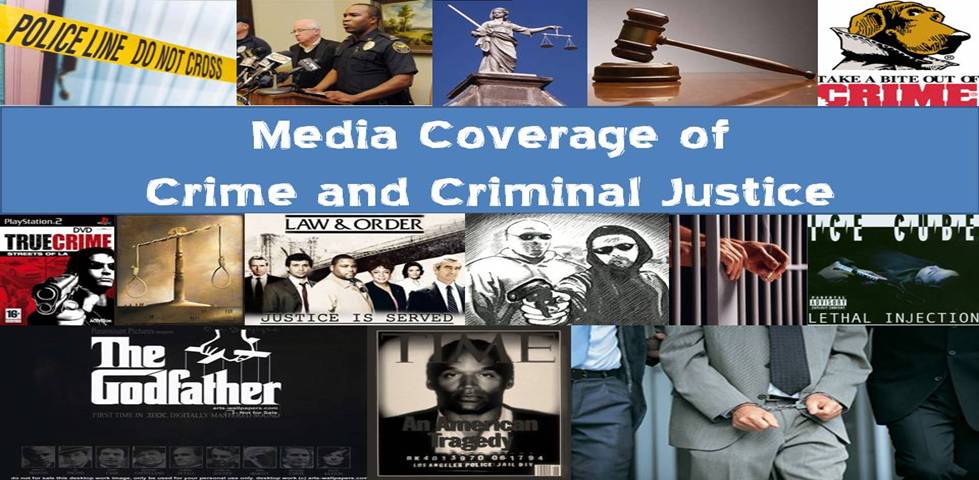The Court set aside six hours of hearings over three days, as opposed to the normal one hour normally reserved by the Court. That should give you a sense of the complexity of the case, if not the importance.
You listen to the entire argument as well as read analysis here (New York Times).
The issues:
1) Does the Court have authority to decide the fate of the law in the first place
2) Can Congress require you to buy health insurance (the individual mandate)?
3) If the Court invalidates the individual mandate, can that be severed from the rest of the law or does the whole law become invalid?
4) What about the Medicaid expansion?
The Justices are now deciding these issues in private. The process is unknown to most, but insiders to the Court have written about the process of bargaining between Justices, a process that sounds pretty disgusting to me. Imagine, for example, agreeing to conclude something to please another Justice or to get his or her vote on another case.
 |
| Yes, it is entirely up to us. |
Thomas Goldstein, a Washington lawyer and publisher of SCOTUSblog.com, recently said: "This case is on a rocket ship. Because there may be as many as four decisions, the justices work collaboratively. The majority opinion writer circulates it for other people to comment, dissenters will circulate their opinions and that process will go back and forth, back and forth until about mid-June, when they will just get down to finalize it."
So we will know the fate of this law in June. Predictions are all over the web. I already made the outlandish prediction that the Court will uphold the law, 7-2. But if I were a betting man, I'd go with 5-4 to overturn it.
Clearly, some people love the law. Others, not so much.
Personally, I wonder how many of these people have read the law (virtually none of them) or even know what it does (probably a tiny fraction of them).
Things like:
* Insurance companies cannot hike my rate without approval from an independent panel
* They cannot put a cap of lifetime coverage for a serious condtion
* They cannot refuse me coverage based on preexisting conditions
* They cannot charge women more than men for the same insurance
* They will start offering free preventive health screenings
* Checkups and immunizations are offered for my children for free
* An insurance exchange is created to allow me to buy coverage across state lines to find the best deal for my family
Not to mention, millions of people who do not have insurance will finally get it. The only way to make sure this happens is to require people to buy insurance for those who can afford to buy it. That is, the law requires people who can afford to buy insurance to buy insurance from a private for-profit company based on the premise that it is your responsibility as a citizen to take care of yourself rather than to not buy insurance but continue to use the health care system (e.g., emergency room visits) and force everyone else to pay for your illness or injury.
This is a conservative principle based on conservative ideas going back at least to 1989!
So what is so controversial about this law anyway?



To me, the most disgusting thing about this whole process is the idea that the Supreme Court would and/or does overturn laws based on political opinion. When I listen to analysis of the arguments from last week, the political ideologies of the justices are always mentioned as the reason he or she will vote a particular way. Maybe I'm idealistic, but I think the Supreme Court should rule on whether the law is or is not constitutional, regardless of whether they agree with it politically.
ReplyDeleteMy problem currently is that, I love the Court. It's my area of interest. I find Constitutional Law intriguing, fascinating, and imperative. Generally speaking, I like most of the country trust the Court above the other two branches of government. With that in mind, I am and will be on the edge of my seat until June, when the opinions are released.
ReplyDeleteI don't understand why the Affordable Care Act is as controversial as it is, other than the tagged on nickname of "Obamacare." As I have mentioned, the concept of universal health care was created in Heritage, the Republican think tank. Many presidents across the isle have tried to pass health care... Obama was just the only one to succeed.
As far as the Court is concerned on the issue, I see no reason for them to rule against the Constitutionality of the law. But from an ideological perspective, it is almost certain that Thomas and Scalia will vote against the Act while Ginsberg proved to be a big supporter during oral arguments. My predictions are:
Ginsberg, Breyer, Sotamayor, and Kagan for Health Care
Kennedy Swing vote taking Roberts with him to write the majority opinion.
Scalia, Alito, and Thomas against health care
So according to my model, it will either be a 6-3 decision in favor of health care, or a 5-4 decision against.